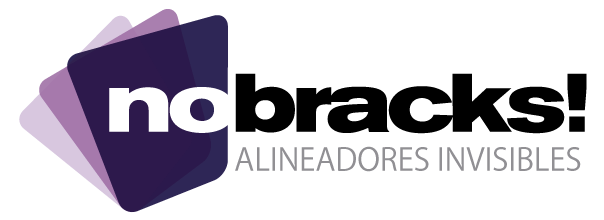Undress AI Website for Free: Exploring N8ked and Its Implications
In recent years, advancements in artificial intelligence have led to the rise of various online tools that push the boundaries of technology and ethics. One such tool is the N8ked website, which allows users to create AI-generated images that simulate nudity. This article will explore the features of the N8ked platform, the technology behind it, and the controversies it has sparked. We will also discuss the implications of such technology for privacy, consent, and societal norms.
What is N8ked?
N8ked is an AI-powered web application that leverages deep learning algorithms to generate images that depict individuals in various states of undress. Users can upload photos and utilize the platform to create altered versions that simulate nudity. While this may sound intriguing to some, it raises significant ethical questions regarding consent and the potential misuse of such technology.
How Does N8ked Work?
The technology behind N8ked is based on deepfake and generative adversarial networks (GANs). These systems are designed to learn from vast datasets of images, allowing them to create realistic alterations. Here’s a brief overview of how the process works:
- Image Input: Users upload a photo to the N8ked platform.
- AI Processing: The AI analyzes the image and generates a new version that simulates nudity based on its training data.
- Output: The altered image is presented to the user, often resembling the original photo closely.
The Appeal of N8ked
The allure of using N8ked lies in its novelty and the ability to create provocative images without the need for traditional photography. For some, it can be a form of artistic expression, while for others, it serves as a curiosity or a tool for humor. However, this appeal must be weighed against the ethical implications of such technology.
Controversies Surrounding N8ked
The emergence of platforms like N8ked has ignited heated debates regarding consent, privacy, and the potential for abuse. Below are some of the primary concerns associated with the site:
1. Consent Issues
One of the most significant controversies surrounding N8ked is the question of consent. While users may create images of themselves, the platform also allows for the alteration of images of others without their approval. This can lead to the unauthorized use of someone’s likeness, raising severe ethical and legal implications.
2. Potential for Misuse
The potential for misuse of N8ked technology cannot be overstated. Individuals could create and distribute altered images for malicious purposes, such as harassment, revenge, or defamation. Such actions can have devastating effects on the victims, leading to emotional distress, reputational damage, and even legal consequences.
3. Impact on Societal Norms
The normalization of AI-generated nudity could also influence societal perceptions of body image and sexuality. As these technologies become more prevalent, there is a risk of desensitizing individuals to the exploitation of personal images, leading to a shift in how consent and privacy are understood in digital spaces.
Legal Implications of Using N8ked
The legal landscape surrounding AI-generated content is still evolving. Many jurisdictions do not have specific laws addressing the creation and distribution of altered images, leaving a gray area for users of platforms like N8ked. Here are a few legal considerations to keep in mind:
- Copyright Issues: Using someone else’s image without permission can infringe on copyright laws, potentially leading to legal action.
- Defamation Laws: Creating and sharing altered images that misrepresent individuals can result in defamation claims.
- Privacy Laws: Many regions have privacy laws that protect individuals from unauthorized use of their likeness, which could apply to images generated by platforms like N8ked.
Ethical Considerations
Beyond legal issues, the ethical implications of using N8ked are profound. Users must consider the moral responsibilities associated with creating and sharing altered images. Some key ethical considerations include:
1. Respect for Individuals
Respecting the dignity and privacy of others should be paramount. Users should always seek permission before altering or sharing images of others, regardless of their intent.
2. The Role of Consent
Consent is an integral component of ethical behavior, especially in the digital age. Understanding the importance of consent in the context of AI-generated content can help mitigate potential harm.
3. The Impact on Vulnerable Populations
Particular attention should be given to how technologies like N8ked may disproportionately affect vulnerable populations, including women and marginalized groups. The potential for harassment and exploitation is heightened in these contexts, necessitating a more cautious approach to the use of such tools.
Alternatives to N8ked
For those interested in exploring artistic expression without the ethical dilemmas posed by platforms like N8ked, there are various alternatives available:
- Artistic Filters: Many photo editing apps offer artistic filters that can create unique effects without simulating nudity.
- 3D Modeling Software: Software like Blender allows users to create entirely new digital art without relying on real images.
- Digital Collage: Creating digital collages can provide a creative outlet without the ethical implications of altering real photographs.
Conclusion
The N8ked website represents a fascinating yet controversial intersection of technology, art, and ethics. While the platform offers unique creative opportunities, it also raises significant questions about consent, privacy, and the potential for misuse. As technology continues to evolve, it is crucial for users to approach such tools with a strong ethical framework and a commitment to respecting the rights and dignity of others. For more insights on the implications of AI-generated content, check out the N8ked casino.


